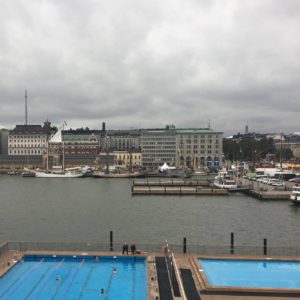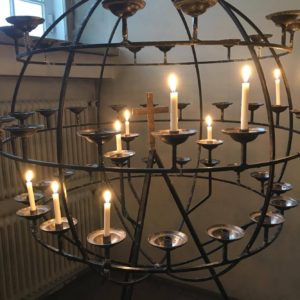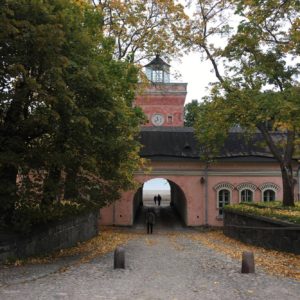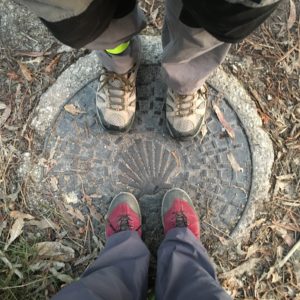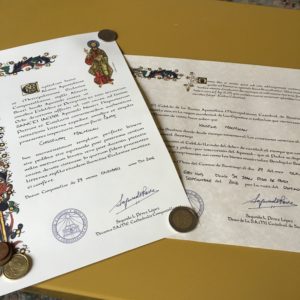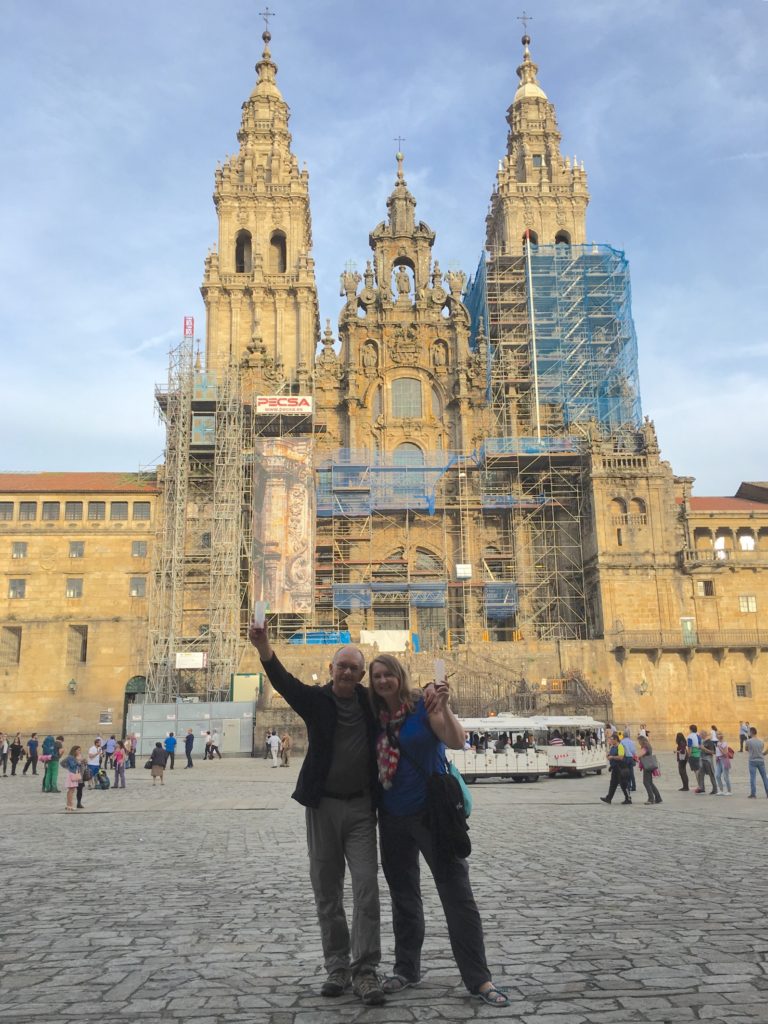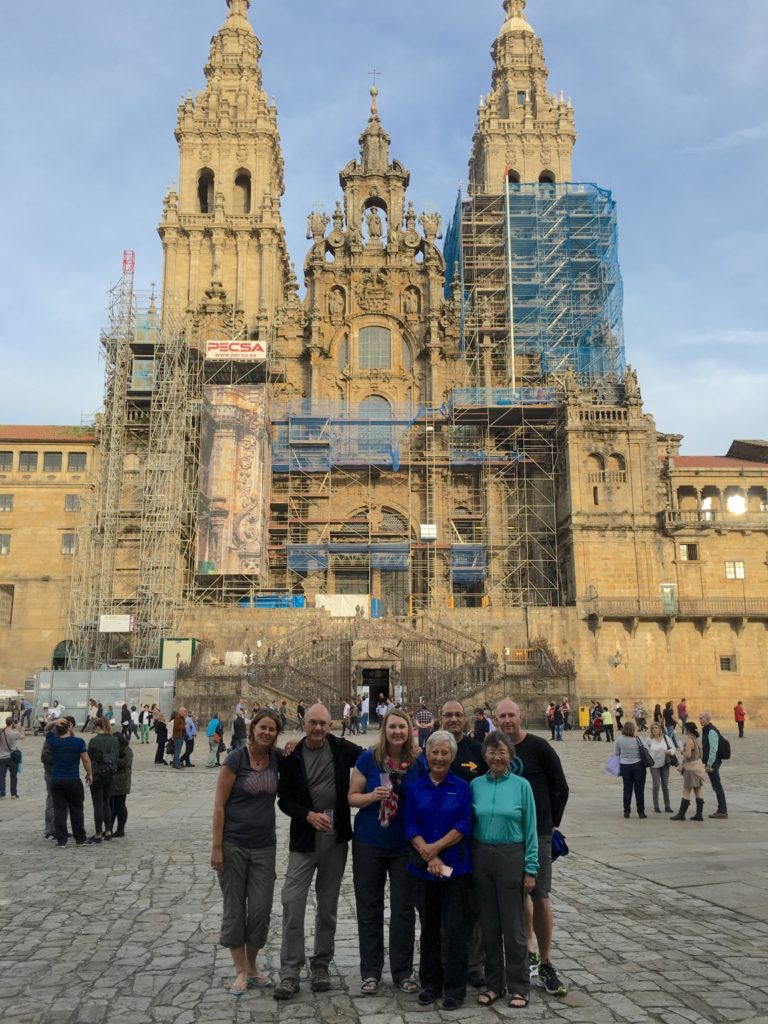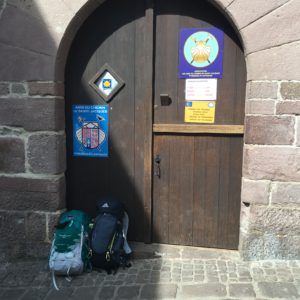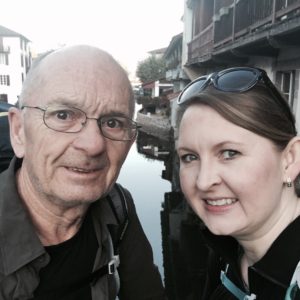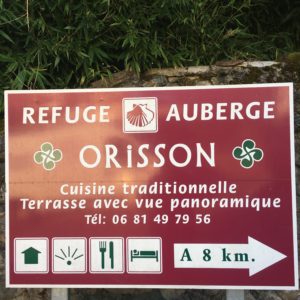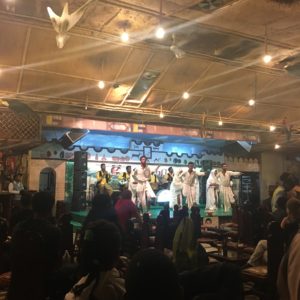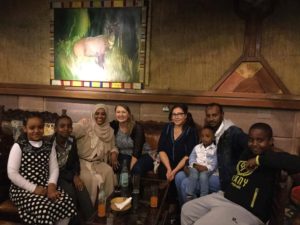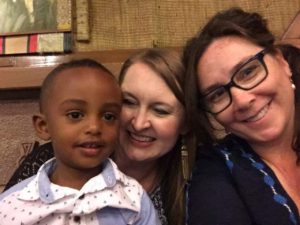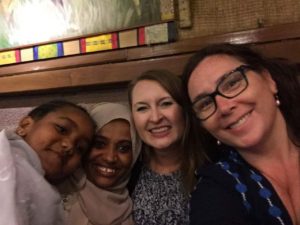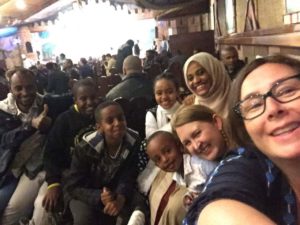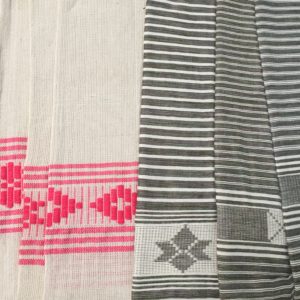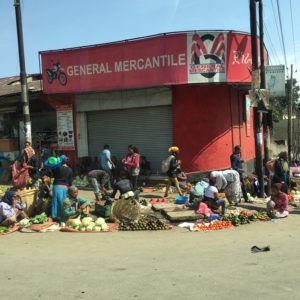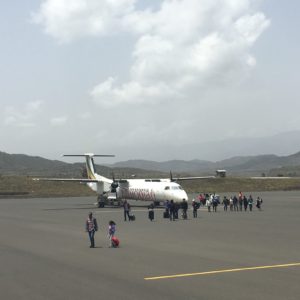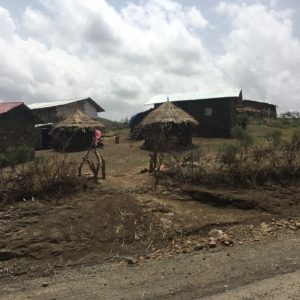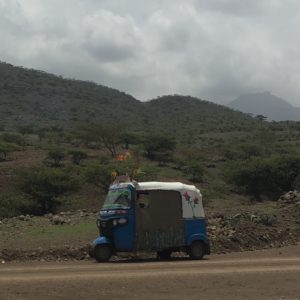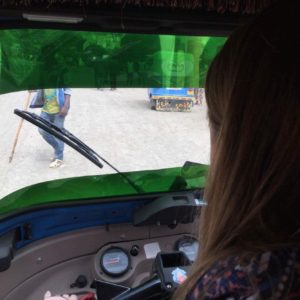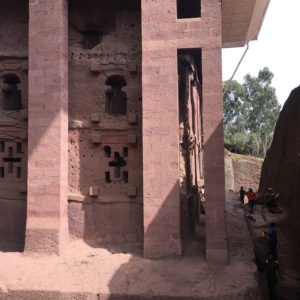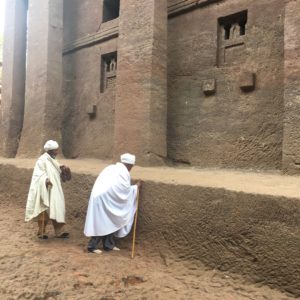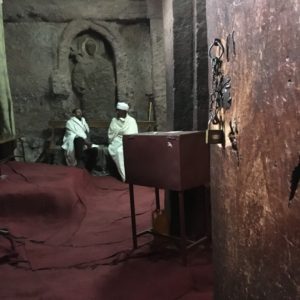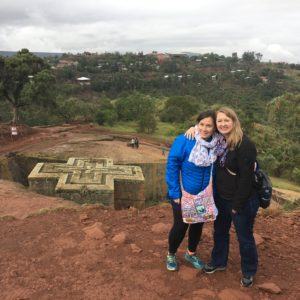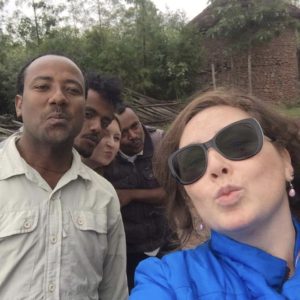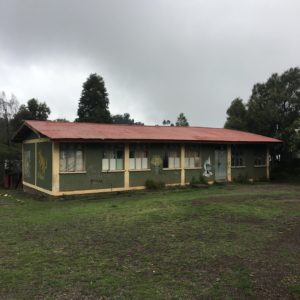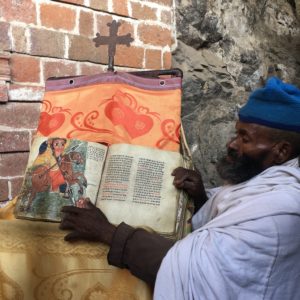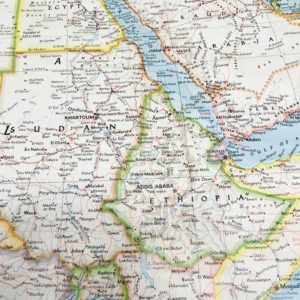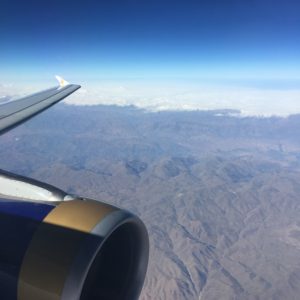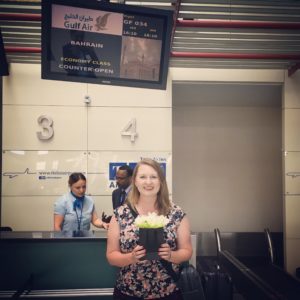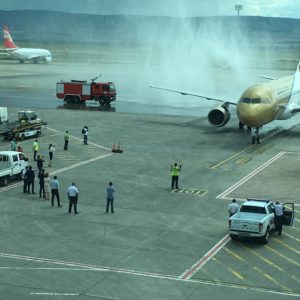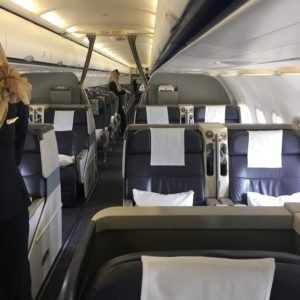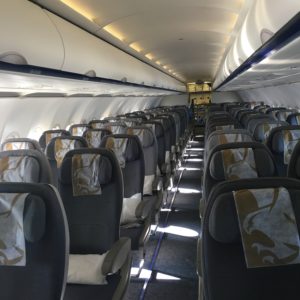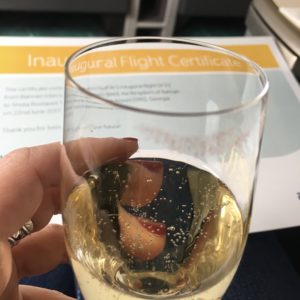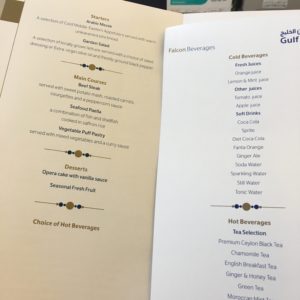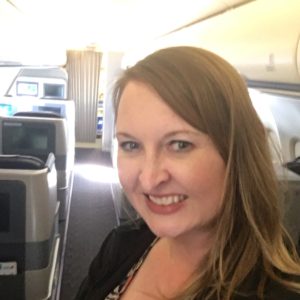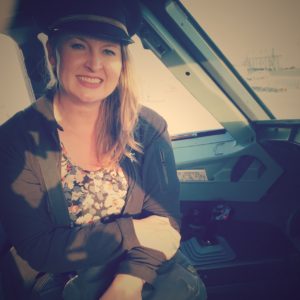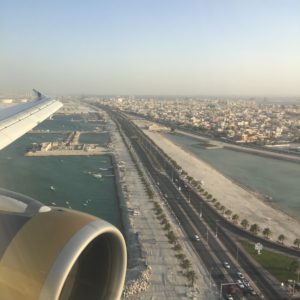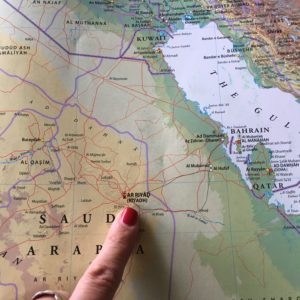 I get a lot and I mean A LOT of emails from prospective nurses interested in moving to the Middle East, and more specifically to Saudi Arabia. Often times when they write to me they tend to ask the same questions, so I thought it might be helpful to dedicate a post to answer those questions. So here we go…..
I get a lot and I mean A LOT of emails from prospective nurses interested in moving to the Middle East, and more specifically to Saudi Arabia. Often times when they write to me they tend to ask the same questions, so I thought it might be helpful to dedicate a post to answer those questions. So here we go…..
Is if safe?
Understandably, this is the most asked question. If we’ve learned anything from the most recent American presidential elections it’s that the media loves to sensationalize things and skew the facts. So here are my personal thoughts on things. I feel very safe living in Saudi Arabia. I’m talking in terms of my personal safety as a woman. I live in an all woman’s housing compound where the likelihood of my being assaulted would be extremely low. I felt much more concerned for my physical safety as a woman when I lived in Philadelphia, or LA, or in Arizona or in Seattle. People who know me or have lived with me know that I’m the kind of scaredy cat that would do a full security sweep of my apartment when I got home from work, just to make sure no one was hiding behind the shower curtain. True story. I don’t do that in Saudi. I’ve been robbed twice before- neither of these incidents took place in Saudi. That’s not to say I couldn’t be involved in some type of security incident, but I feel like the chances of that happening are more likely to happen in Europe, and I travel to Europe all the time. What does concern me though is the likelihood of being involved in a traffic accident. As I’ve previously blogged about, Saudi Arabia has one of the highest death rates by motor vehicle in the world. So buckle up ladies.
I venture out all the time alone to go to the grocery store or to the mall and I have never had an incident take place apart from some lusty stares and the occasional unwanted phone number being passed to me. Be prepared for some staring and many many comments about your body and physical appearance. It’s easy to feel objectified here. Patients, staff and visitors constantly comment on my appearance. My hair colour, my eyes, how pale I am, my weight, my curves. Mostly I can laugh it off, but sometimes it feels like because I look a certain way people are more inclined to help me or listen to me based off my appearance and not because I actually have a brain. That gets old real quick. So just be prepared.
Do you have to cover your face or hair?
No. Never. Unless you want to, and then rock that hijab/niqab girlfriend. I carry a scarf as a colourful accessory but since the Mutawwa (religious police) lost arresting power a while back it’s not necessary. I can’t remember the last time someone yelled at me to cover my hair. Its likely been a few years. But yes you do have to wear an abaya all the time you’re off the hospital compound. The only exception is on the western compounds or in a part of the city called the Diplomatic Quarter. Personally, I don’t especially mind wearing an abaya. It means I can literally wear PJ’s or yoga pants out all the time. Sometimes if I’m wanting to look especially fancy I’ll wear high heels with my stretchy yoga pants so that it looks like I’m wearing a killer outfit underneath, but really I’m just a quick abaya removal from hopping into bed. The other reason I don’t mind my abaya is that sometimes it blows open and then has the appearance of a cape and I feel like a badass superhero for a hot second. Embrace the abaya ladies aka your new little black dress.
What’s the housing like?
I’ll start out by saying that the housing is free. That’s a bonus right?! And it has AC, and access to a pool and gym. Is it nice? Well see my first point- it’s free. I always tell people the housing is fine. Would I pay actual money to live there? No. If you ever worked as a travel nurse in the U.S. well then my friend lower you expectations a bit. I lived in San Francisco for a year rent free and had a balcony view of Alcatraz and was like a one minute walk from North Beach. Sister, this definitely isn’t that. But again it’s free. Also as I previously mentioned the housing is only for women. I like to refer to if as a convent or cell block. Housing also will be very hospital specific as well as pay grade specific. Higher pay grade = better housing options. The housing at the hospital I work at is a mix of shared accommodation and single accommodations. Likely you will be paired with a someone from a similar country as yourself. You’ll have your own bathroom. Some of you might luck out and get a private studio apartment, which is obviously nicer. If you have an issue with your roommate you can request to change, or you can apply to move into a private unit when one opens up.
What schedule do you work?
Everyone is contracted to work a 44 hour week at my hospital- so likely you will work more hours than what is considered full time back home. If you work in-patient then you might work 22 12 hr shifts in a 6 week period. You will more than likely flip between day shift and night shift. My unit does 3 weeks of days and 3 weeks of nights. I personally hate night shift so to me the schedule is less than ideal, but it’s part of the gig.
What do you do outside of work?
Well my social life here in Saudi has always been more exciting that anywhere else I lived. I mean who can say that they went to the Irish embassy for St Pats, or that one time they had a private birthday party at the Canadian embassy? Well maybe you if you take a contract in Saudi? There are balls and galas and very formal events all the time. Pretty much whatever you’re into you can probably find here in Riyadh. There’s golfing, and photography groups, and horseback riding or rugby. And don’t forget the unlimited travel options from here.
What is the nursing standard like?
This will depend on your hospital. The one I work at is supposed to be like an American hospital. Having worked in the states for 10 years I can say that in some ways it is and some ways it isn’t. I base my own nursing practice off the premise if I couldn’t do that thing I’m being asked to do in my own country then I’m not doing it here. Saudi Arabia employs nurses from many countries. Nursing education and scope of practice is not the same across the board. Some countries nurses don’t put in catheters in male patients, or nurses don’t use a stethoscope as the doctor is in charge of listening to lung and bowel sounds. This might be hard to comprehend for those of you from Canada or the U.S.
You will for sure see things working in Saudi Arabia that you will never have experienced in your nursing practice. For sure. Saudi Arabia has a high incidence of metabolic and genetic disorders. I’ve always thought that if you worked in the field of genetics or fertility Saudi Arabia would be fascinating. End of life counseling will likely be very different than back home. People here are kept as Full Codes in situations that they wouldn’t in the western world. People are kept “alive” in situations where the family would’ve been counseled otherwise elsewhere. There is this interesting dichotomy where people don’t wear seat belts or put their kids in a car seat and yet when there has been a severe accident everything under the sun is done to keep that person alive. It’s hard to comprehend seeing as we know that seat belts and car seats and driving the speed limit save lives. So why not just do those things and if there was an accident the injuries would likely be less severe? I have literally never discharged a baby from the hospital in a car seat. Back home it’s a whole big ordeal- the car seat is brought in, the parents buckle the baby in, the nurse checks and often tells them the straps are too lose, and they have to readjust them, and the mom usually says to the dad “I told you yesterday to adjust those straps” and he takes a deep sigh. It’s a production. But not here. It’s totally not uncommon to be driving down the highway and see kids crawling around the backseat, or sitting on Daddy’s lap or with their head out the sunroof.
As far as technology goes I would say that in the large hospitals you would have access to the latest gadgets. The hospital I work at has a Pyxis for medications and the IV pumps and EKGs and such are ones I have used before. Most things in that regard are similar to North America. Patient ratios will vary. Because of the area I work in the patient ratios are lower than that of many of the units my friends work on. I work in a VIP area which is unlike anything I’ve ever seen prior to coming here. It’s fancy and the rooms are nice. And sometimes the patients get 2 rooms, sometimes 3. Sometime they bring their own furniture. The VIP culture is a big thing throughout the Middle East. It’s likely a foreign concept in your home country, but here it’s a thing.
Saudi is a big family culture which is quite different from back home. Family members typically sit with the patients around the clock in shifts. If the family isn’t there than likely the patient will have a paid sitter (someone the family employs who will be there round the clock). My patients often have a full entourage of people in the room. Sometimes one patient might have 3-4 paid private nurses per shift in addition to the nursing care we provide. It can end up being a lot of cooks in the kitchen if you know what I mean. It’s also not uncommon to have a patient in their late teens to early 20’s come in with their nanny who has literally cared for them since birth.
Muslims pray 5 times a day so when it’s prayer time the call to prayer is piped over the hospital intercom. If your patient needs a doctor during prayer time they will often have to wait (unless it’s a true emergency.) This can be problematic if your patient needs labs drawn or to be transported and it’s prayer time. You will get very used to saying the word “Inshallah.” It means God willing and it is the most used word in the Arabic language. It’s a very foreign concept for westerners- the first time I heard a doctor tell a patient that “inshallah” his surgery would go well I was like “hold up a minute did I hear that right.” From a western culture if a doctor told me that my surgery would go well if God willed it I would be asking for a new surgeon, but here people find it very comforting. I personally say it all the time now as well as a variety of other Arabic words.
Do I need to learn Arabic before coming to Saudi?
You will pick up words pretty quickly once you arrive. My Arabic is not great on account of most of my patients speaking English, or someone in the room speaking English. I know Arabic basics so between that and elaborate hand gestures I can get my point across. The hospital I work at has an “English in the workplace policy.” It’s not heavily enforced. The doctors often speak in Arabic with the patients which is understandable. Working in Saudi you will work alongside staff from many different countries. The Philippines and India are probably the largest percentage of expats. So at work everyone is “supposed” to be speaking English. In reality though if you are working in an area where being western you are a minority you will likely feel quite isolated. I hear Tagalog all day long. People will have work related conversations in front of you all the time in a language you may not understand. People give report about patients in Tagalog. It’s very frustrating and contributes to an “us vs them” type mentality because if you don’t speak the language you are purposely left out. I have found a creative way to deal with this and have learned a wide variety of inappropriate words and phrases in Tagalog. These words make my coworkers blush (even though they taught them to me) so when people are have lengthy conversations at the nurses station in Tagalog I will say “if you guys are going to talk in Tagalog I’ll say all the Tagalog words I know.” Everyone immediately will switch to English. For like 5 minutes and then often they go right back to it and I’ll often do something really bitchy like clear my throat unnaturally loud and it’s back to English. Kinda like a game of cat and mouse. Usually though I just eventually give up. So moral of the story my western nurses is don’t bother learning Arabic before you come, but consider brushing up on your Tagalog.
How long does the application process take?
Have patience. There’s a ton of paperwork involved to come to Saudi. Your educational documents will need to be verified. You’ll need references. You’ll need to have a full physical. By full physical I mean everything. Labs, chest x-ray, pregnancy test, pap smear. Yep, you read that right. Coming to Saudi was the first time my hoo-ha exam contributed to me getting a job. I always knew she had marketable skills. Then you’ll submit your passport for a visa. I’d plan on it taking at least 3 months. If your application coincides with the Ramadan or Hajj holidays then it will take longer.
So how do I apply?
I came over with Helen Ziegler and Associates who recruits the majority of Canadian and American nurses at the hospital I work at. So if you’re from North America I would contact them. I asked a friend in the recruiting department of my hospital to give me a list of who they use so here it is:
- Abba Personnel Services: Philippines
- Agensi Pekerjaan Melorita SDN, BHD: Malaysia
- Al Hind Foreign Service Agency: New Delhi
- Austra Health International: Australia
- Ben K Associates: North America, Europe, Australia, New Zealand
- Bin Paracha Overseas Employment: Pakistan
- CCM Recruitment International: Australia, New Zealand
- Climax Medical Recruitment: Egypt
- G5 Plus, LLC: Czech Republic
- Geneva Health International: New Zealand
- Helen Ziegler & Associates: North America
- Herman Medical Staff: Germany
- Holden Knight: United Kingdom
- International Health Resources Canada: North America, Europe, New Zealand, Australia
- International Health Resources Lebanon: Lebanon
- LBS e-Recruitment Solution Corp.: Philippines
- Marvel Medical Consultants: USA
- Medmerge Inc.: North America, Europe
- Professional Connections: Australia, New Zealand, Europe, Malta
- Regent Personnel Limited: South Africa, UK
- Symbiosis Pty Ltd. : South Africa, UK
- TTM Healthcare: North America, Europe, Australia, New Zealand
An after thought….
Just a word of warning. Coming to Saudi Arabia will not fix your problems. They will still follow you here. If you are someone who has a negative attitude then you’ll probably have a shitty time here. The people who do well in Saudi are people who can laugh at the things that are strange, embrace the cultural differences, and don’t take life too seriously. There will be hard days, but for me the benefits still outweigh the negatives. When there are more negatives than positives I’ll be on the first flight out. Working in Saudi Arabia let me pay off an insane amount of debt and travel the world. I have easily been to 40 some new countries in my time here. I have made dear friends. I have shared many laughs. I have an amazing social life. The work can be hard at times and living here as a woman is not easy, but for me there are so many positives that it has been an overall positive experience. Your experience will be whatever you make of it. That’s the way life works. You get out what you put in.
I wrote a couple blog posts about the positives and negatives of working in Saudi and they might be helpful also…..and as always I’m happy to answer any questions you have. Feel free to ask them in the comments or email them to me privately.



